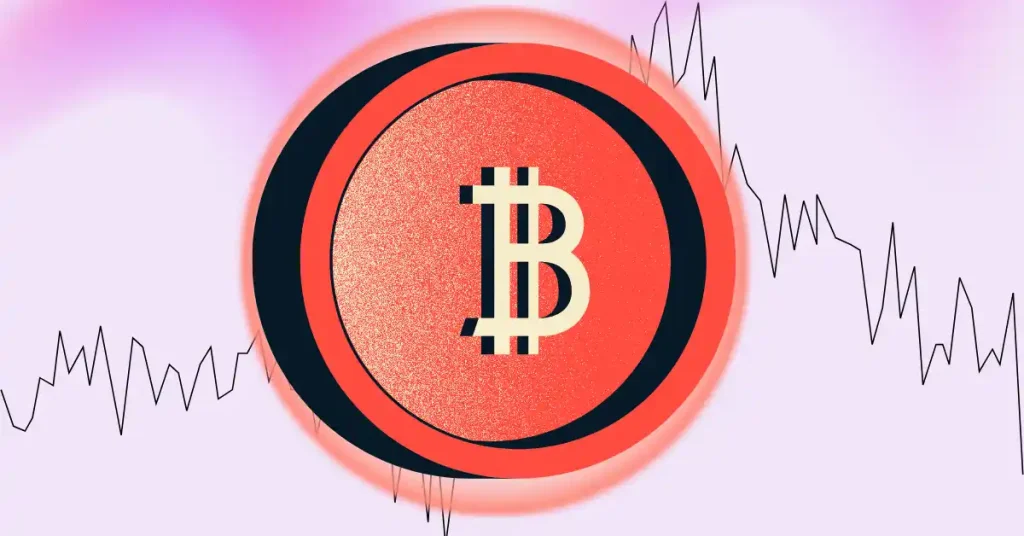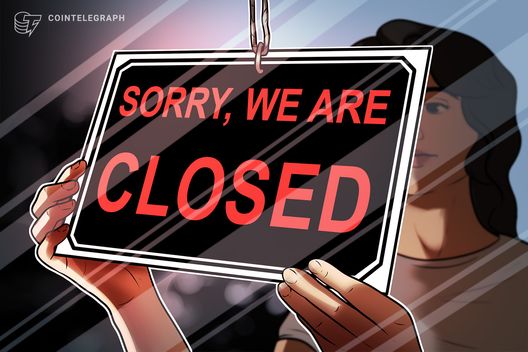October 31 marks 17 years since the release of the Bitcoin White Paper, a groundbreaking document that introduced the world to the concept of decentralized digital currency. The U.S. Treasury Secretary acknowledged this anniversary, albeit with an ironic twist, as the U.S. is facing its longest government shutdown in history if it continues for another five days.
What Did the White Paper Introduce?
In 2008, Satoshi Nakamoto made a significant impact on the financial landscape by sharing the Bitcoin White Paper via email. The document proposed a radical idea: a decentralized electronic cash system that allowed transactions without a mediating financial institution. This was achieved through a network of miners and the proof-of-work system designed to prevent double-spending.
How Far Has Bitcoin Come?
Starting with just a handful of believers, the nine-page document transformed into a massive ecosystem with a market capitalization in the trillions today. The Bitcoin network is notably resilient, having never experienced a shutdown, relying entirely on its distributed network of miners for continual operation.
U.S. Treasury Secretary Bessent drew attention to this reliability in a satirical social media post, implicitly critiquing the current government shutdown:
“Seventeen years post the White Paper release, the Bitcoin network remains active and resilient as ever. Bitcoin never shuts down. Senate Democrats could learn something from this.” – Treasury Secretary Bessent
As the government lockdown lingers, driven largely by Democratic maneuvers to force President Trump into negotiations, its adverse impacts are apparent, with airline delays becoming more frequent and potential economic disruptions on the horizon.
The current situation leads to concrete outcomes:
- The government shutdown is adversely affecting the economy.
- Bitcoin’s unwavering network stands in sharp contrast to governmental instability.
- The prolonged closure hints at broader political and financial implications.
As the shutdown continues, Bitcoin’s reliability underscores significant questions around governance and financial stability in the digital age. For enthusiasts eager to stay updated on critical developments, platforms like CryptoAppsy offer accessible news summaries and portfolios tracking. The juxtaposition of Bitcoin’s reliability with governmental inefficacy remains a powerful narrative.
Disclaimer: The information contained in this article does not constitute investment advice. Investors should be aware that cryptocurrencies carry high volatility and therefore risk, and should conduct their own research.

















 English (US)
English (US)